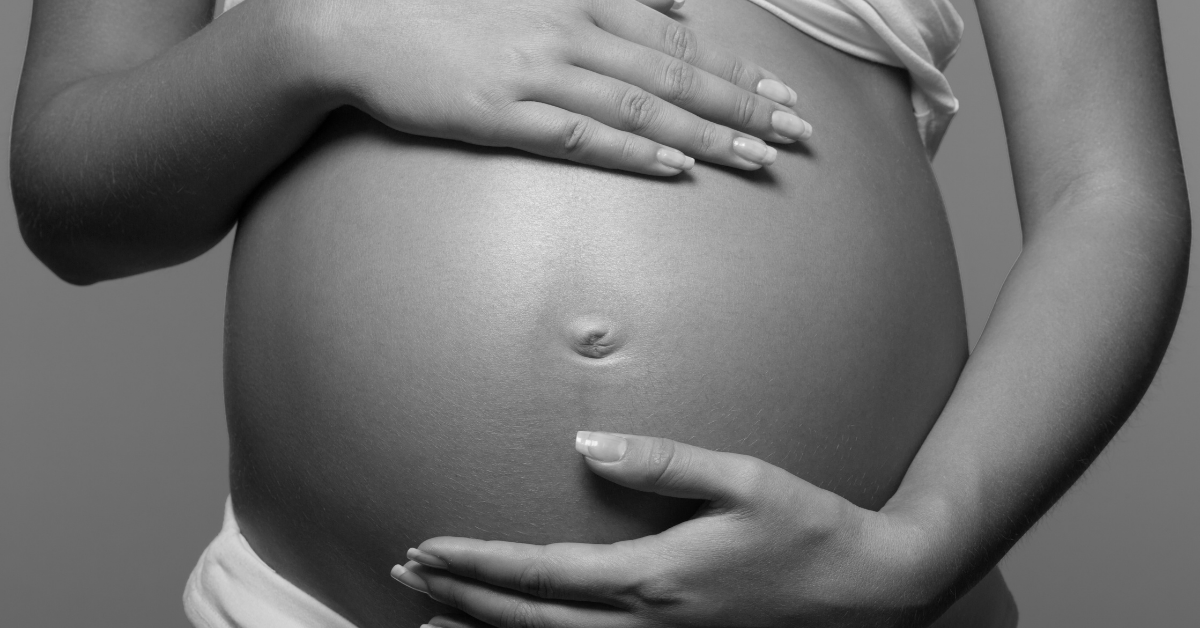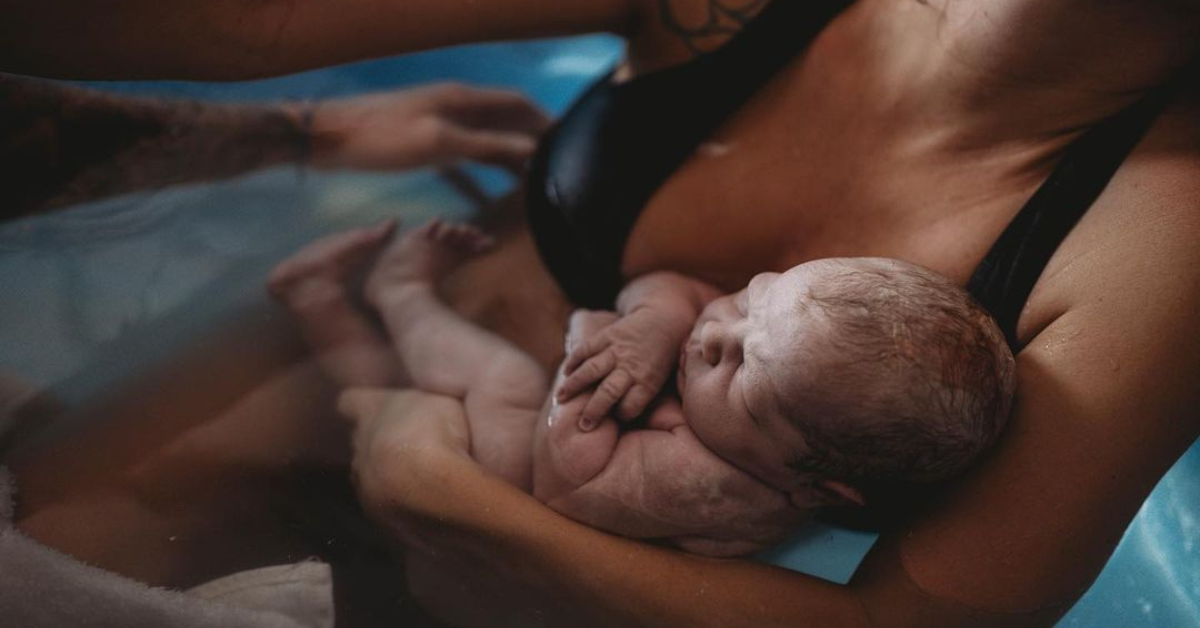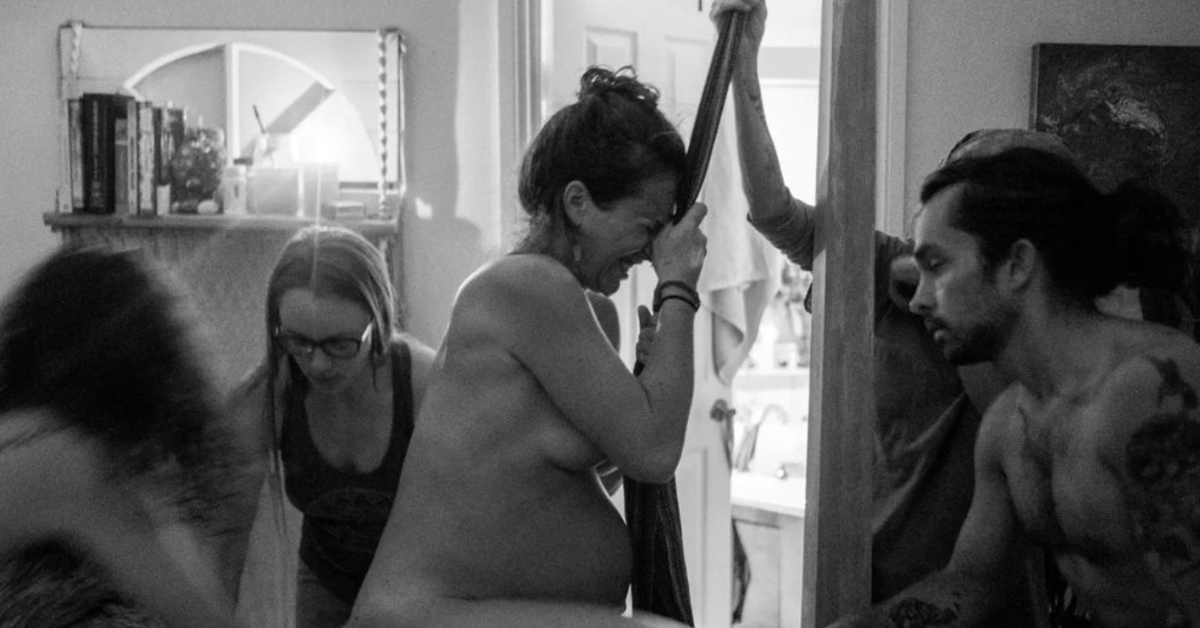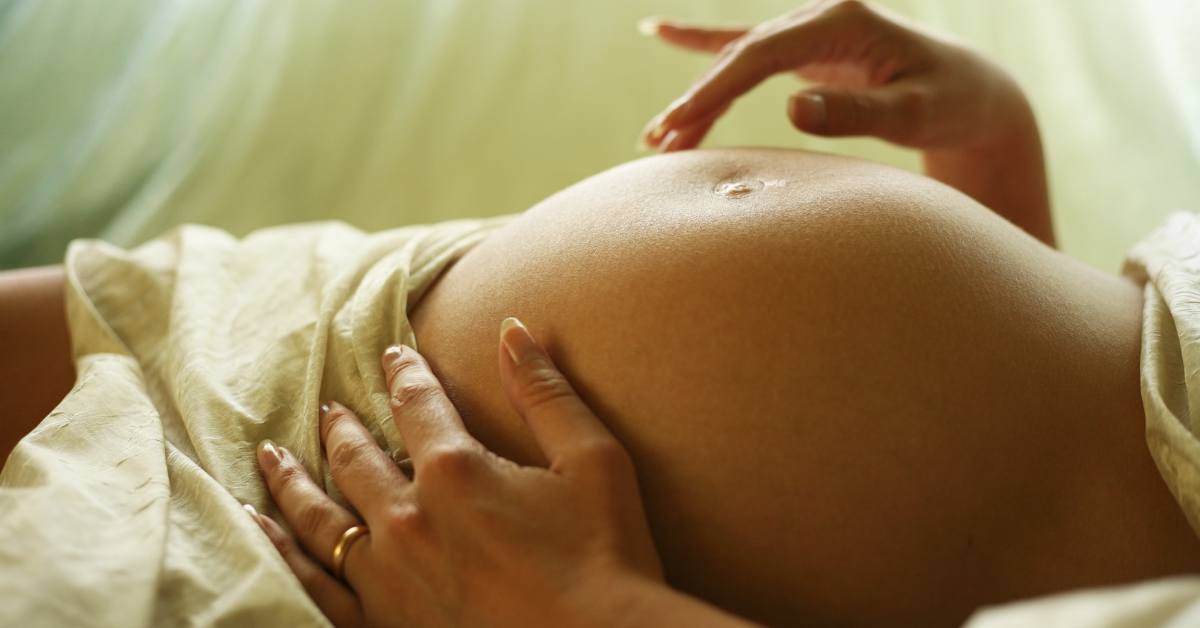Group B Streptococcus or GBS is a common bacterial organism found in about a third of people. This bacterial organism is most commonly found in the intestinal tract. However, it can move through the body and colonize the rectum, bladder, and vaginal tract of women. Colonize meaning the bacteria is present, but not infecting the tissues or causing symptoms.
GBS has the ability to give anyone an infection. However most adults, due to having a healthy microbiome, will keep any harmful bacteria in check and will not cause an illness.
What’s The Big Deal About GBS During Pregnancy?
Decades ago, GBS was the leading cause of infection in newborns and infants. This infection can have devastating effects on a fragile new life, including pneumonia, sepsis, and meningitis. It can cause bladder, uterine, or urinary tract infections. It can also cause miscarriage and increase the risk of premature labor and rupture of membranes. GBS can also cause stillbirth.
Newborns can get GBS infection in utero, during birth, or even from healthcare workers and family members. Handwashing is important for anyone who will be holding a newborn baby to prevent spreading GBS or other harmful infections.
The Risks to Baby
When a baby is exposed to GBS in labor or during birth, he or she has a 50% chance of becoming colonized with GBS. Nevertheless, a small percentage of babies exposed to GBS will become infected and sick.
Most often, babies become infected through exposure in the birth canal during birth. As well as from bacteria migrating upwards once the water has broken.
Testing For GBS
As of 2020, the American College of Obstetricians and Gynecologists (ACOG) now states that the best time to test for GBS presence is between the 36th and 37th weeks of pregnancy. This test is done by swabbing the vagina and rectum to determine if GBS is present.
There is also an FDA-approved rapid test that can diagnose GBS in roughly an hour.
GBS Treatment
To prevent GBS infection in babies antibiotics are used, however, there are associated risks. Many of us know antibiotics are detrimental to our microbiome. Babies receive significant benefits from their mom’s microbiome when birthed vaginally. In turn, affecting the baby’s entire life in a positive way.
In order to mitigate infections overall, if a laboring mom has prolonged rupture of membranes, a fever, or other infection risk factors, antibiotics will be prescribed even if GBS testing was negative. The treatment is typically IV antibiotics for a minimum of 4 hours before the baby is born. Of course, the time of birth is hard to predict, so typically the hospital will start the antibiotics upon arrival to the hospital.
Treatment has been very effective for lowering the number of newborns who develop GBS infections. There is some controversy concerning antibiotic use during labor and how this can affect babies.
Is Treatment Harmful For Baby?
Some studies suggest that antibiotics during pregnancy and delivery can decrease the presence of beneficial bacteria in a newborn. Breastfeeding and probiotics can help to boost a newborn’s microbiome.
Antibiotics can cause problems for mom, including yeast infections or nipple infections. This can complicate and disrupt breastfeeding. Sometimes newborns can develop thrush as well. Allergic reactions are rare, as long as your healthcare provider is aware of any allergies.
Taking a probiotic during pregnancy and after birth can help to prevent thrush or yeast infections.
Can I Reduce My Chance of Testing Positive for GBS?
Healthy vaginal and gut flora can prevent infection, which could affect the presence of GBS.
Whether or not it will decrease your risk of GBS, there are other benefits to a healthy microbiome. Mitigating the risk of miscarriage, preterm labor, vaginal and bladder infections during labor, are all benefits.
Steps to boost your microbiome include:
- Stay away from processed sugar and junk food
- Implement 8 servings of leafy greens, fruits, and vegetables into your diet
- Take prenatal vitamins (zinc, vitamin D, vitamin A, vitamin C)
- Eat more Lacto-fermented foods (example: sauerkraut, yogurt, cucumber, sourdough bread)
- Reduce stress
- Use oral and vaginal probiotics throughout pregnancy
Taking all of these into consideration and doing your best to check every box may not change the status if diagnosed, however, it can help to protect against GBS-related prenatal complications. If you are doing all of the necessary steps and have not tested positive before this can help to prevent GBS colonization and the need for antibiotics.
For More Information, Contact Midwife360
Midwife360 has been providing holistic gynecology and pregnancy services in South Florida since 2014. The founder of Midwife360, P. Fadwah Halaby CNM, takes pride in offering holistic evidence-based practice for all midwife services such as women’s care, family planning, pregnancy care, and birthing. If you have any questions contact Midwife360 today.






